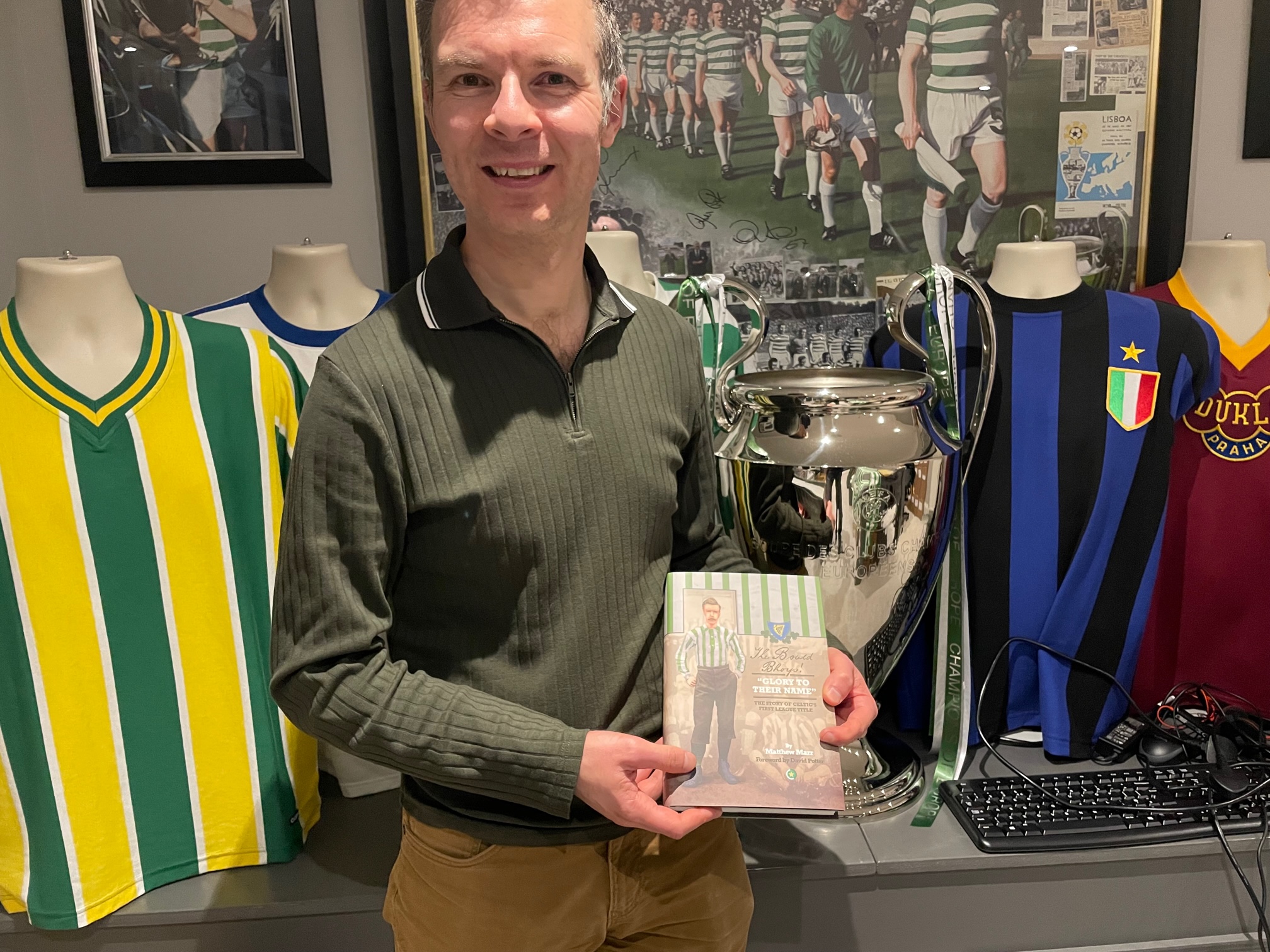Celtic and St Andrews Day and a wee toast – Slainte mhaith!
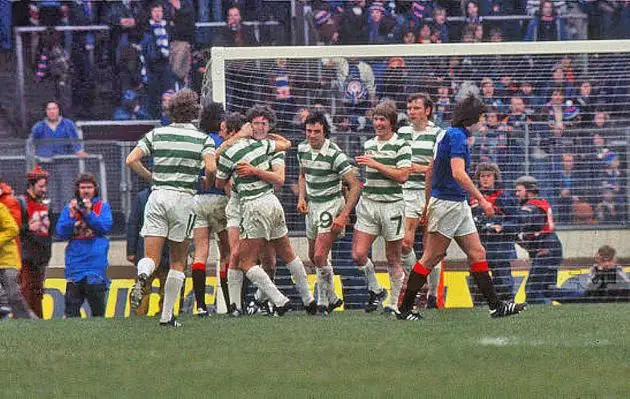
Celebrating St. Andrew's Day: Celtic Connections
It's clear that this refers to players named Andrew, although it's surprising how few Celtics have actually had this name. Additionally, there have been other connections as well.
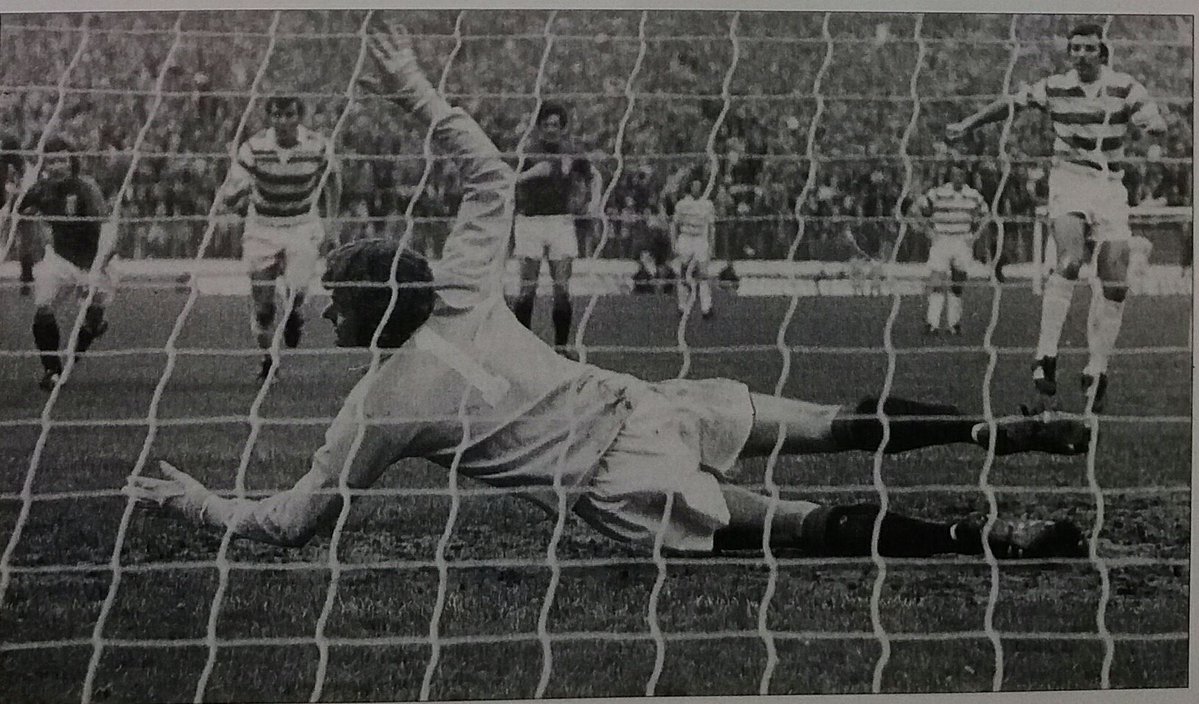
For various reasons, a number of the leading Celtic Andrews have played as forwards. One of the most impactful, especially in the period after World War Two, is Andy Walker.
Lately, a number of fans have expressed dissatisfaction with Walker's performance as a television analyst, yet he continues to hold an important spot in Celtic's history.
He joined Celtic from Motherwell in 1987 and quickly made his mark on the team. Walker became the top scorer as Celtic celebrated a double victory in the league and the Cup for their centenary year. Notably, his winning goal in the Scottish Cup semi-final against Hearts was crucial in securing the trophy that season and stands out as one of the standout moments of 1988.
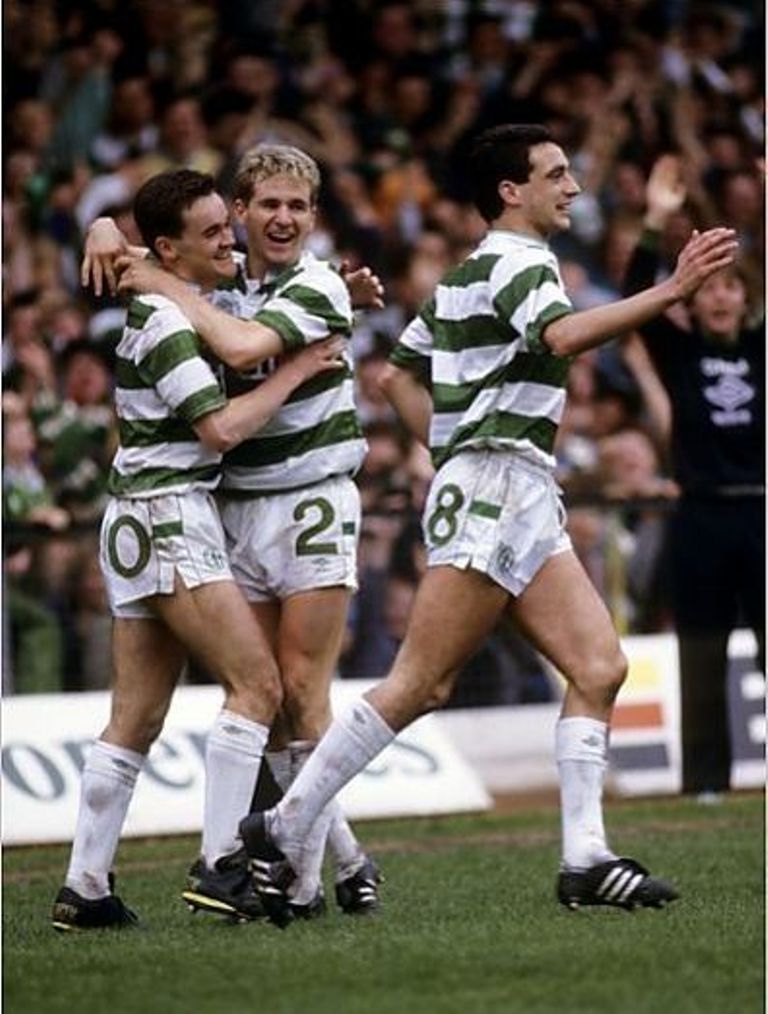
Walker departed from Celtic in 1991, but he made a comeback to Parkhead between 1994 and 1996, contributing to the club's victory in the 1995 Scottish Cup.
Another forward from that time was the well-known Andy Payton. Like many players in the early '90s, he didn't achieve much success. However, scoring 15 goals in 36 matches was a solid performance. The choice to swap him out for Wayne Biggins has always been considered a strange move.
A significantly more notable forward, though often overlooked, was Andy McAtee.
The man from Croy participated in over 400 matches for the Celts from 1910 to 1924, except for the period when he served as a gunner during World War One.
He achieved ten significant titles with Celtic, netting 69 goals along the way. Notably, he ranks joint eighth in the club's history for scoring in consecutive seasons, accomplishing this feat 14 times.
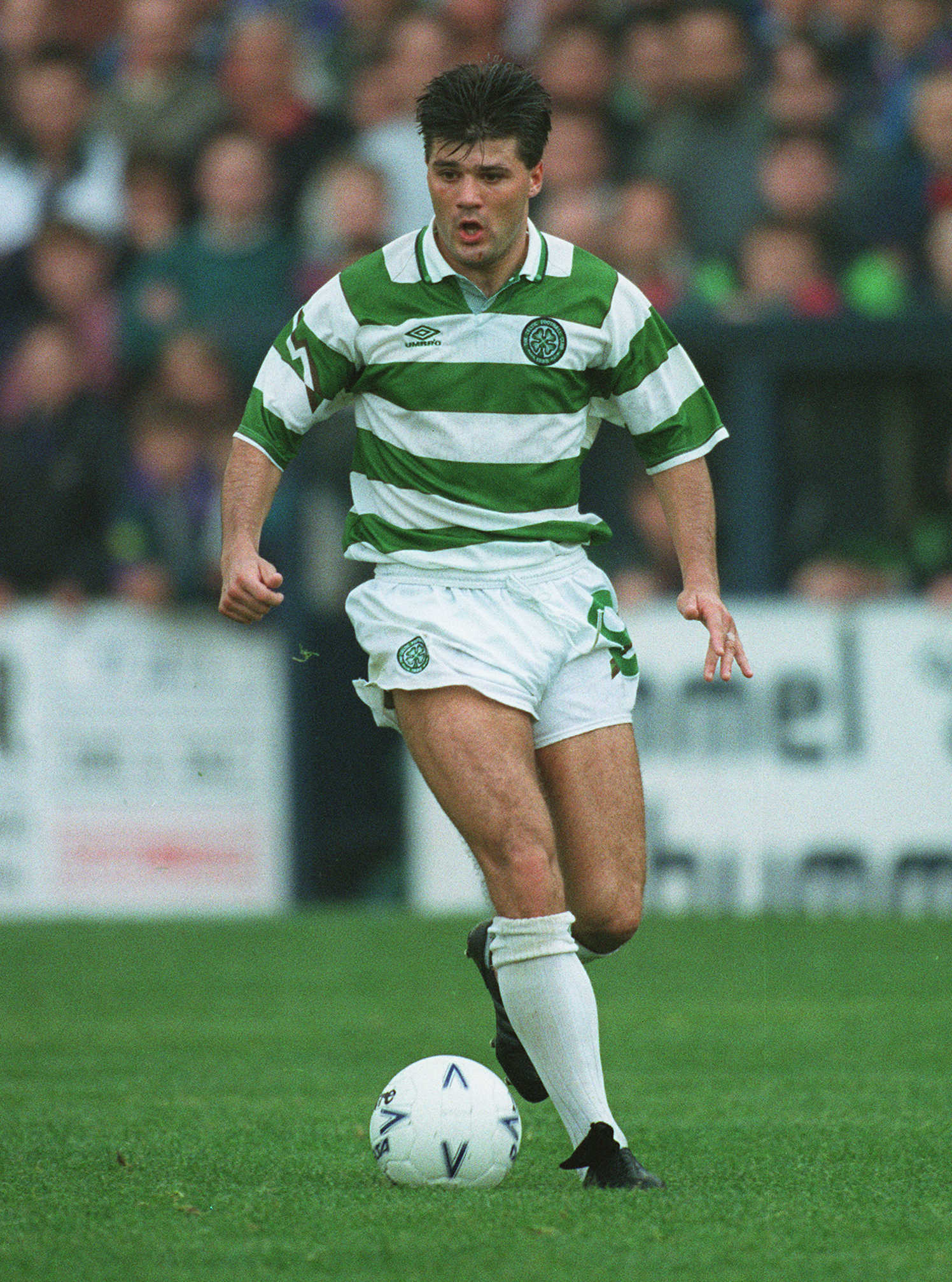
Besides forwards, other players named Andrews have also donned the green-and-white uniforms.
Andy Lynch was a player who occasionally took on the roles of left-winger or left-back. He had an international career, playing not only in Scotland but also in the United States and Canada.
He played at Parkhead for seven years, achieving success in multiple tournaments. One of the most notable occasions was during the famous 'Ten men won the League' match, where the Celtic team triumphed over Rangers with a score of 4-2 to secure the 1979 championship.
On a personal note, he netted the only goal in the match that led Celtic to victory over the Ibrox team, securing the Scottish Cup in 1977.
Andy Ritchie was another well-known individual with that first name who wore the Hoops.
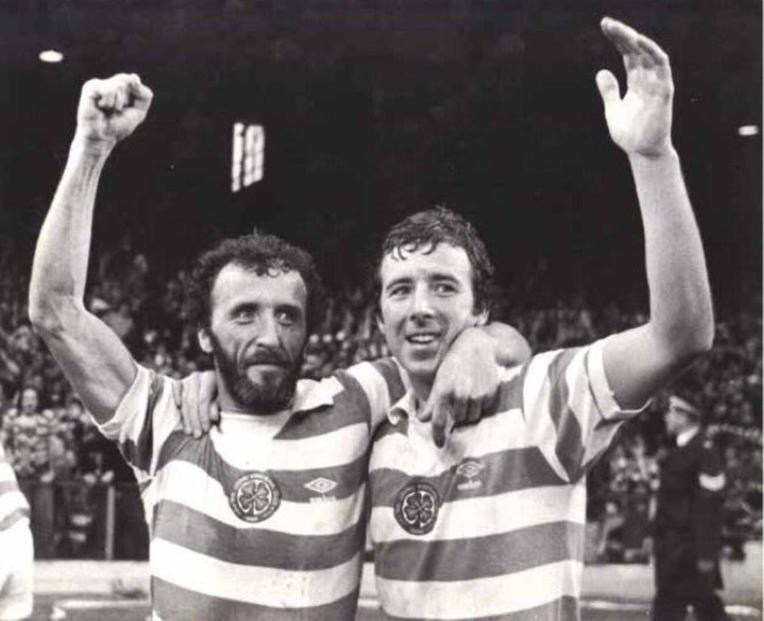
Playing as an attacking midfielder, he was with Celtic for three years during the mid-1970s, but his most notable contributions came after that at Morton. His ability to help the Greenock team compete against Celtic often made him a real headache for the Bhoys!
Celtic has seen other players named Andrew as well, although they typically had brief stints with the team.
Andy McCondichie was a young goalkeeper who had a brief stint with Celtic in 1998. During a tough period for the team's goalkeeping situation, he was on the verge of playing in the notable 5-1 win against Rangers in November 1998, but the club opted to bring in Tony Warner instead.
In addition to Andrew as a first name, many other Celts share different forms of this name. One variation that might haunt the memories of fans from a certain generation is Ian Andrews.
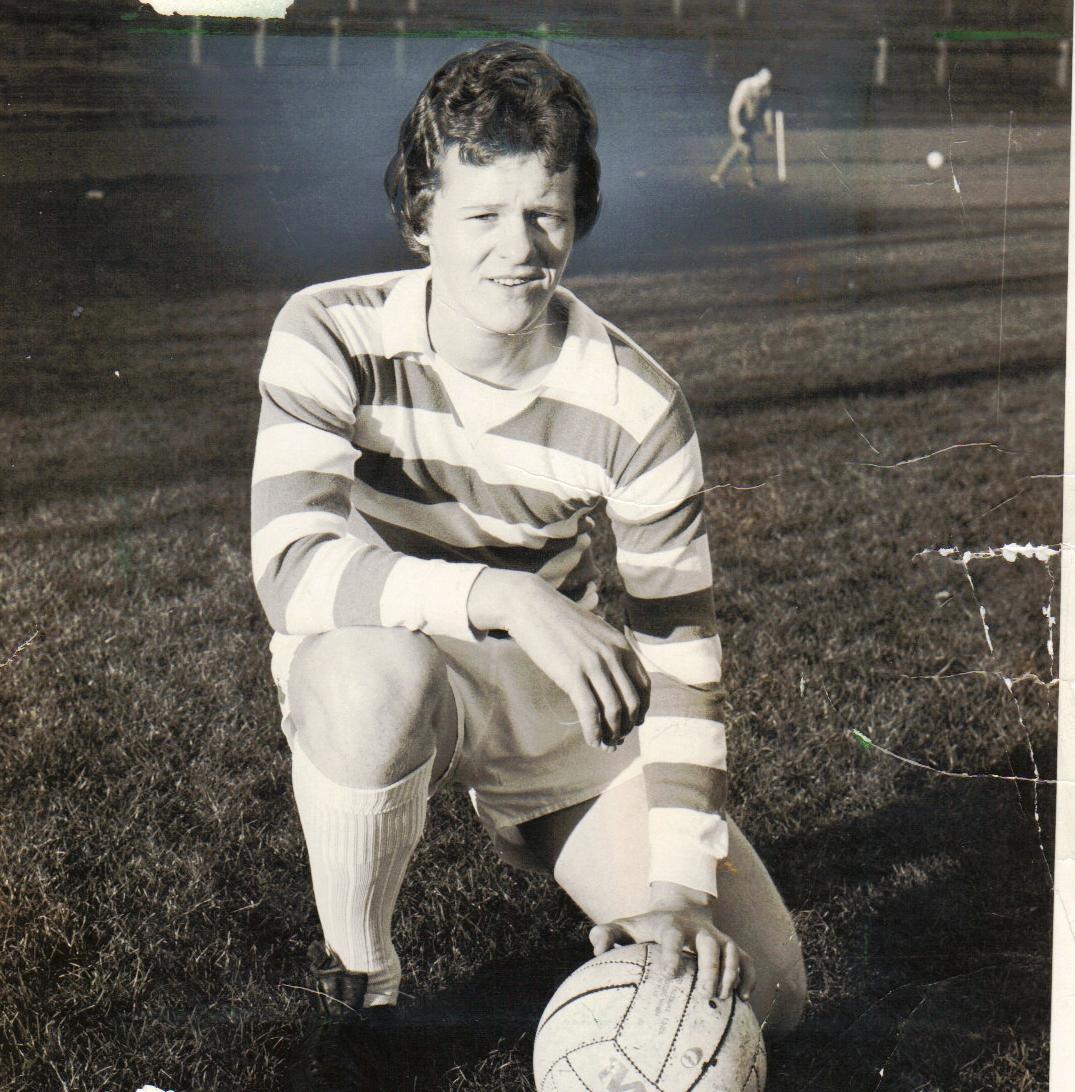
The English goalkeeper spent a little over a year at the club during the late 1980s. Sadly, his number of matches played might be more fitting for a conversation about Halloween instead of St Andrew’s Day.
After joining from Leicester City, he initially got off to a good start. However, a crushing 5-1 defeat at Ibrox in August 1988 set a negative tone for his time there, and he found himself with limited opportunities afterward. In fact, just a year later, he was sent off during a reserve game at the same stadium.
Much of Andrew's fondest memories are tied to individuals who share a similar name in German: Andreas.
The first player to highlight is Andreas Thom, who was an immensely popular and talented forward during the 1990s. He was brought to the club by Tommy Burns for over £2 million and played there for nearly three years, during which he helped secure the 1995 Scottish Cup title.
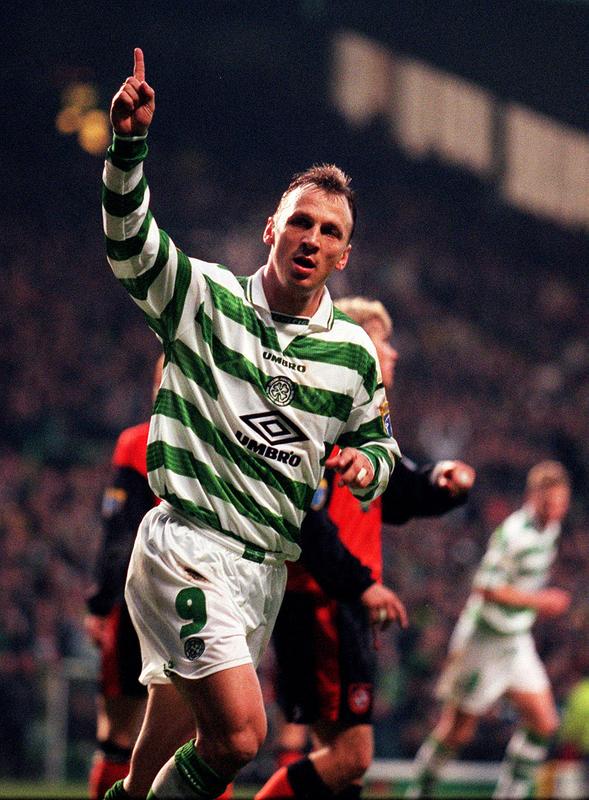
Thom also earned a League Cup and a championship medal, but his talent warranted more trophies. He is among a select few players who have competed for multiple national teams, having played for both East Germany and the unified Germany.
A decade after Thom left Parkhead, a different German named Andreas arrived. This time, it was defender Andreas Hinkel.
Similar to his namesake, he was a German player with international experience who spent three years in the eastern part of Glasgow. Hinkel achieved success with Celtic, winning both the League and League Cup. His most memorable highlight may be the dramatic title victory on the final day of the 2008 season when the Bhoys clinched the League title at Tannadice.
While numerous individuals of Celtic descent have been named Andrew, there are additional links between Celtic culture and the name Andrew.
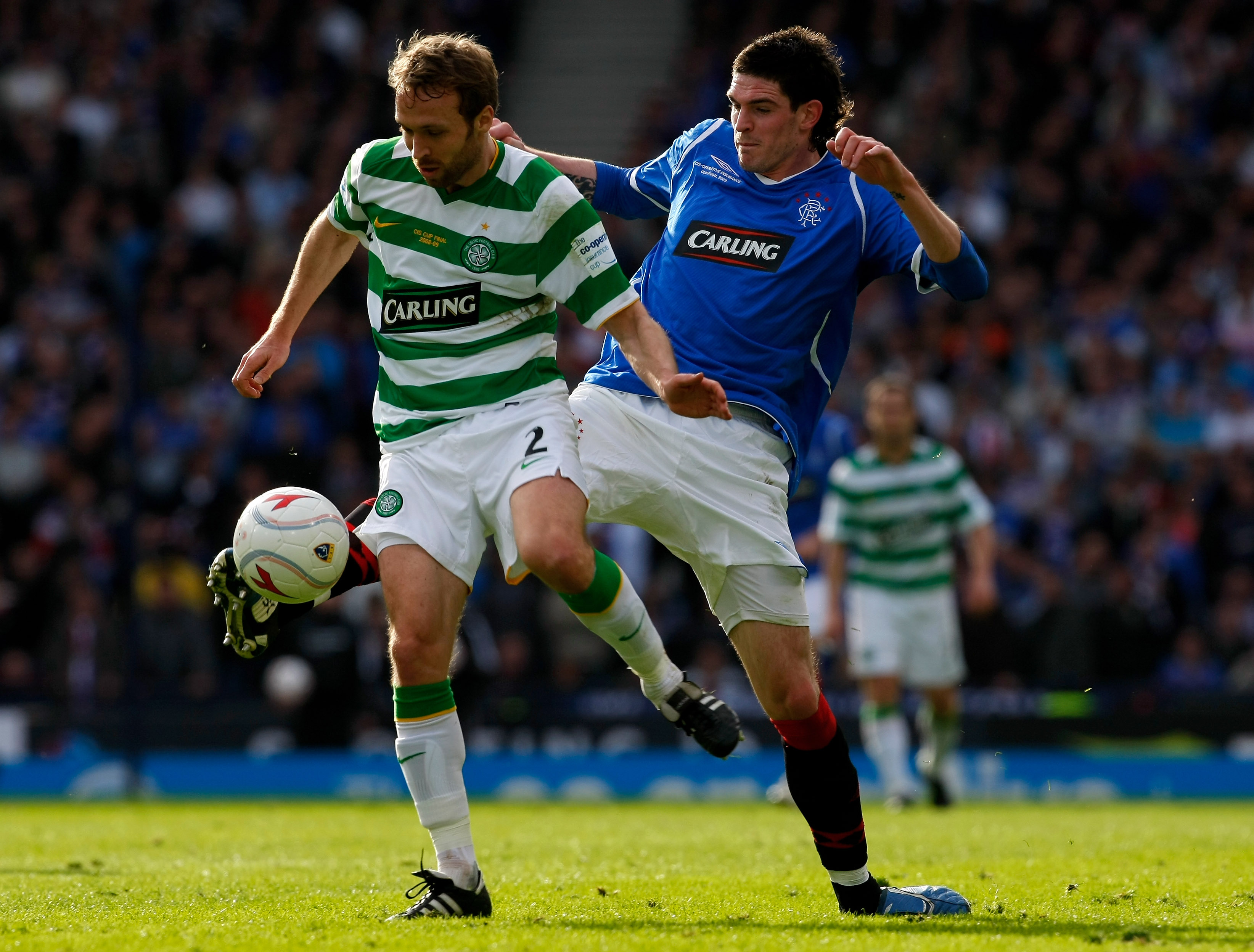
Firstly, the Bhoys have visited the Scottish town of St Andrews for matches. Celtic fans are aware that the team frequently travels to Fife, and notable players like John Thomson have come from that area.
In 1897, Celtic was on a tour of Scotland and visited Kinness Park in the local area. The team from Glasgow won a friendly match against Ancient City Athletic with a score of 4-1.
One St Andrews match that brings to mind far less favorable memories took place when Tommy Burns was the manager. In July 1995, just a few months after clinching the Scottish Cup, the Hoops headed to Birmingham for what was labeled a friendly match. However, the way they were received in the Midlands completely contradicted that notion.

Celtic faced off against Birmingham City at St Andrews, but the outcome—a 1-0 loss—wasn't the main concern for most. The real issue was the planned acts of violence from right-wing groups, which led to Celtic supporters being targeted during the entire event. In fact, Birmingham's chief executive Karren Brady took it upon herself to step into the crowd to confront the local fans about the situation.
On a more personal note, there are additional links between the Bhoys and St Andrews. For instance, St Andrew’s Cathedral in Glasgow has held several funerals for Celtic players, including Jim Brogan, who was a key figure in Celtic’s journey to the 1970 European Cup Final.
On top of everything else, Celtic has played several significant matches on St Andrew's Day, with some becoming memorable highlights in the club's history.
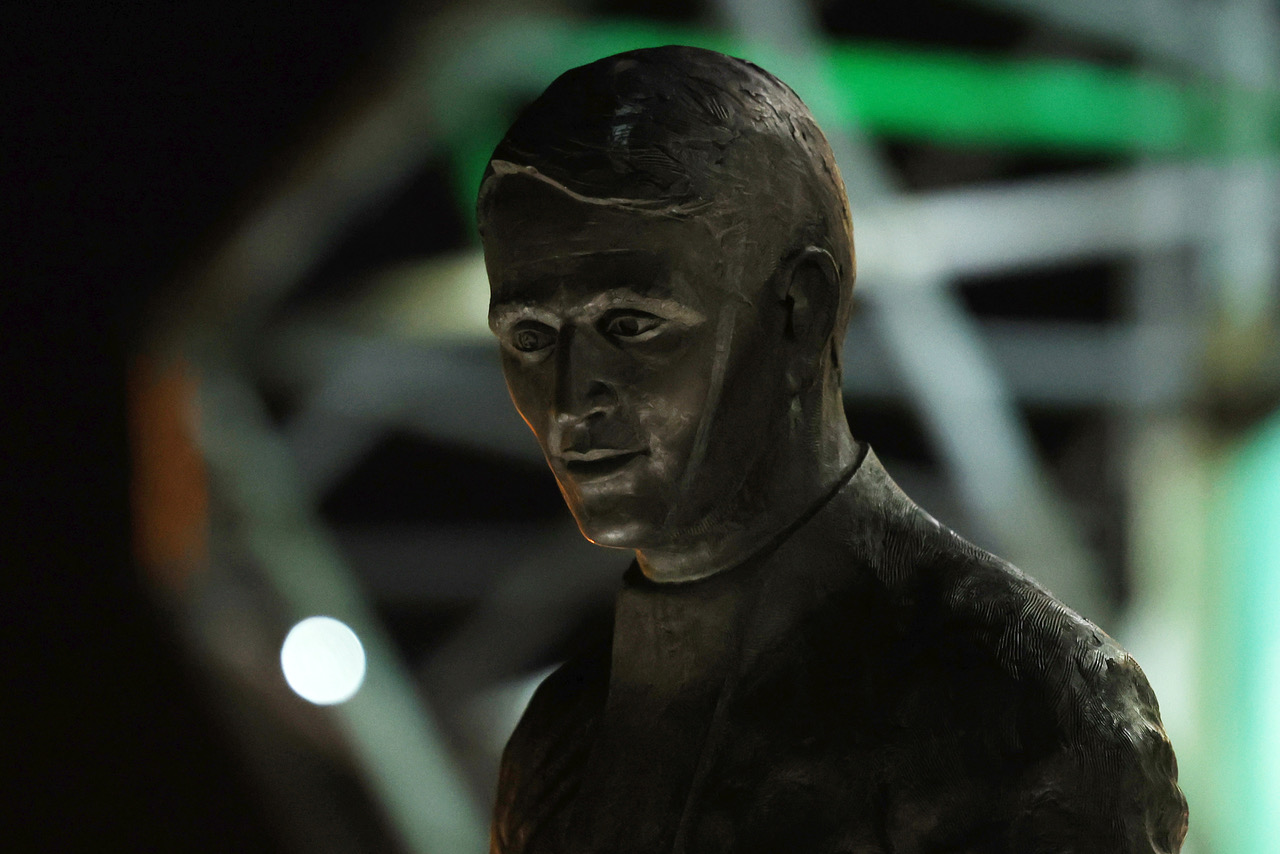
Among all these events, the most significant undoubtedly occurred in 1966. On that day, Celtic traveled to France and secured a 3-1 victory over Nantes. This match set Celtic on the path to their triumphant victory in Lisbon in 1967.
In 1997, the Celtic fans rejoiced at Ibrox after their team defeated Dundee United 3-0 to secure the League Cup. This victory marked Wim Jansen's first trophy with Celtic and served as a pivotal moment that led to their first league title in ten years, effectively halting Rangers' quest for ten consecutive championships.
There is a rich Celtic history associated with Saint Andrew. However, there’s a bit of a drawback to associating the Hoops with him. While he is recognized as Scotland’s patron saint—and also serves as the patron saint for nations like Greece and Russia—he is also the patron saint of the Rangers.
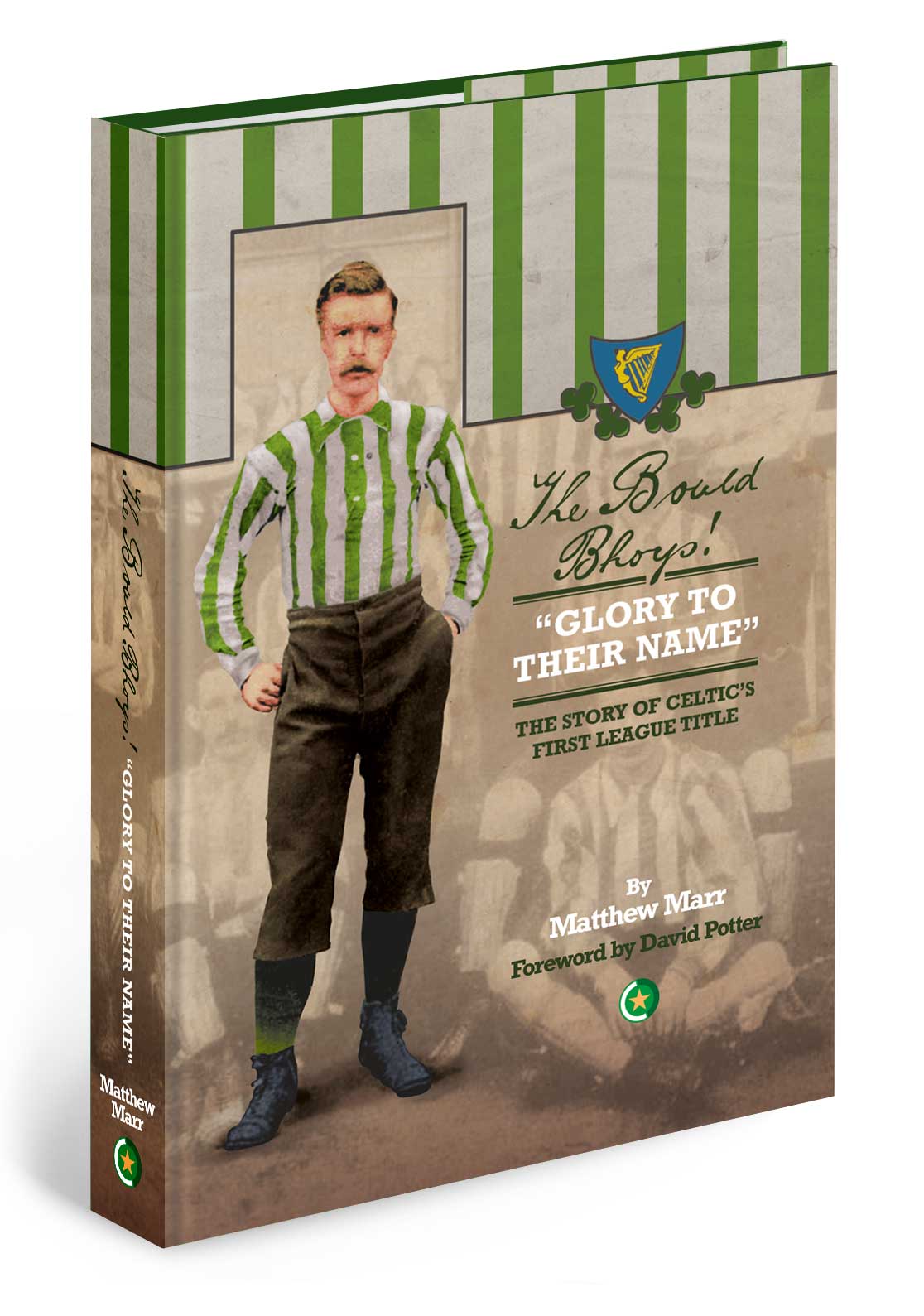
However, in this situation, we're talking about the US Army Rangers instead of fresh teams from the Ibrox region, making it easier to overlook.
The most significant figure named Andrew in Celtic's history is more commonly referred to by a different title. The club's founder, known as Brother Walfrid, was actually named Andrew Kerins. He dedicated himself to addressing poverty in the east end of Glasgow, which ultimately inspired him to create Celtic Football Club.
If you're lifting a glass – whether it's whiskey or another beverage – to celebrate St. Andrew’s Day, cheers to that!
Connect with Matthew on Twitter at @hailhailhistory.
Matthew's first book about Celtic, called 'The Bould Bhoys – Glory to their name', was released by Celtic Star Books last year and can be ordered HERE. This fantastic book is also offered on Amazon Kindle for only £3.49 and features all the photo sections found in the hardcover version.
